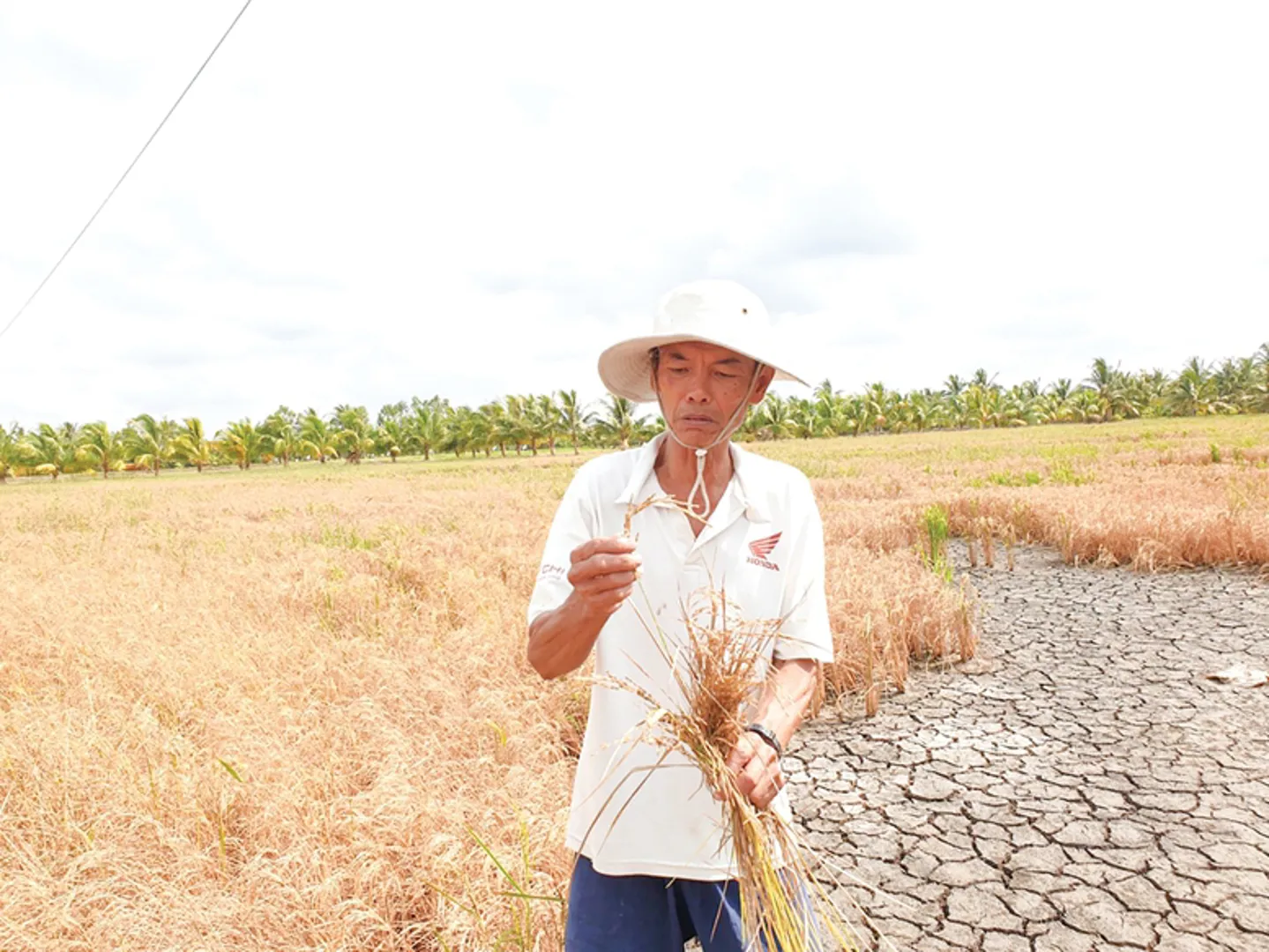ASEAN+3 boost cybersecurity cooperation
The regional nations realize the need to develop international policy and capacity building frameworks in regard to cybersecurity.
Ten ASEAN member states and three partner countries namely China, Japan, and South Korea have cooperated to promote cybersecurity and prevent cybercrime.
| Bui Van Nam, Deputy Minister of Vietnam's Ministry of Public Security at the conference. Photo: Doan Tan/Vietnam News Agency |
Representatives of police forces in the region gathered on December 28 in Hanoi for the conference on “Promotion of international cooperation in ensuring cybersecurity and preventing cybercrime”
The event, which is part of the ASEAN Chair 2020 by Vietnam, recognized that cybersecurity is a cross-cutting issue that requires coordinated expertise from multiple stakeholders from across different domains to address effectively.
| Representatives of regional countries attend the conference. Photo: Doan Tan/Vietnam News Agency |
The countries acknowledged that the promotion of international voluntary cyber norms of responsible State behavior is important for cultivating trust and confidence and the eventual development of a rules-based cyberspace.
They shared the vision of a peaceful, secure and resilient regional cyberspace that serves as an enabler of economic progress, enhanced regional connectivity and betterment of living standards for all.
In 2018, ASEAN member states issued ASEAN leaders’ statement on cybersecurity cooperation in which they realized the need for ASEAN to speak with a united voice at international discussions aimed at developing international policy and capacity building frameworks with regard to cybersecurity.
Accordingly, relevant ASEAN ministers closely considered and submitted recommendations on feasible options of coordinating cybersecurity policy, diplomacy, cooperation, technical and capacity building efforts among various platforms.
Cybersecurity has become more important in recent years as countries have increasingly embarked on journeys of digital transformation.
The speed of digitalization has only accelerated further since the Covid-19 pandemic, resulting in greater reliance on the digital realm for how people live, work, and interact, requiring more cooperation in cybersecurity.

Vietnam can become a cybersecurity powerhouse: Minister
According to the 2018 report on global network safety and security by the International Telecommunication Union (ITU), Vietnam ranked 50th out of 175 countries and territories.

Vietnamese websites hit by over 6,500 cyber security attacks
In Vietnam, there are about 100,000 IP addresses daily connected to computer networks infected with the virus.

ASEAN+3 seek to boost economic connectivity and recovery
Being signatories of the world's largest trade pact, ASEAN+3 nations are expected to maintain the supply chain in the post-pandemic era.








